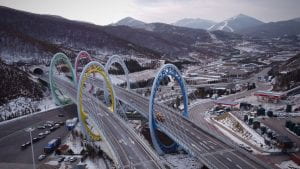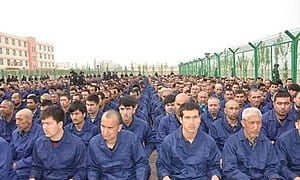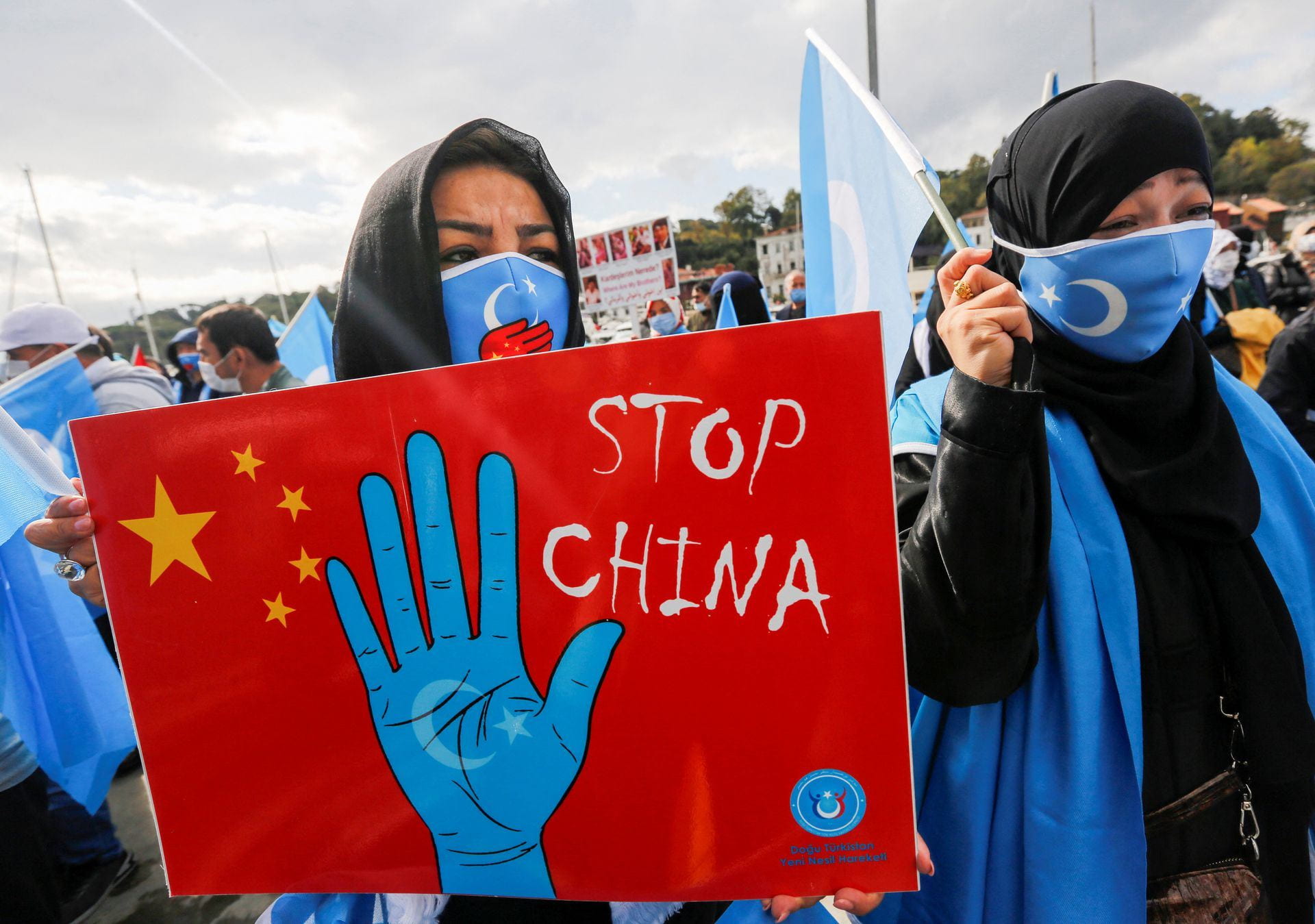The Olympics serve a global spotlight for the world’s best athletes. The tradition was born out of Ancient Greece over 3,000 years ago. After not being held for over a millennium, The Modern Olympics began once more in Athens, Greece in 1896, and have been held in alternating cities every four years since. The Winter Olympics began being held as a separate set of games in between each occurrence of the Summer Olympics in 1994.
The Olympics were famed not only for bringing the world’s most power athletes together for weeks of competition, but also for the prosperity they would bring to the host city. The Olympics bring in hundreds of thousands of tourists, and provide cities incentives to build state-of-the-art stadiums, creating new jobs locally. Despite this, the Olympics have also come under scrutiny in the last few years because they also bring major disadvantages to the host cities and nations.
To make way for new Olympic facilities, impoverished neighborhoods within cities are often demolished. This occurred in Beijing just fourteen years ago when they hosted the 2008 Summer Olympics, and this mass eviction of the urban poor became an extremely hot topic during the 2016 Rio De Janeiro Games, when the city had to use Police Pacification Units to clear out the city’s favelas in a highly militarized way.

These acts of forced removal have been called out by human rights activists as dangerous violations of human rights, but this is not the only way human rights affects the Olympic games and their respective host cities. The worldwide attention the Olympics receive every two years highlights not only the host city, but the host nation. The 2022 Winter Olympics, hosted once again by Beijing, have put China into hot water as international press have scrutinized China’s alleged human rights violations. So what has been going on in China?
China’s Crackdown on Dissent
News outlets across the globe were fascinated by China’s COVID-19 protocols for the 2022 Winter Olympics, which began in early February. Using a massive amount of manpower and resources, China constructed an Olympic “bubble”, or quarantine zone which will house over 11,000 athletes from all over the world. The bubble consists of a “closed loop” of stadiums, conference centers, and over seventy hotels, and all athletes inside this bubble will have no contact with the wider Chinese population. The Chinese central government is taking precautions to absolute extremes, even warning citizens not to intervene if an Olympic vehicle is involved in a car crash while transporting athletes between facilities.
But China’s Olympic “bubble” serves a dual purpose – it also keeps Chinese human rights activists away from the games. Prominent human rights activist Hu Jia was placed under house arrest in order to keep him out of the public eye for the duration of the Winter games. In an interview with CNN, he wrote that “In China, people like me are called ‘domestic hostile forces’… that’s why they have to cut me off from the outside world”. Jia has been under house arrest since January 15.
Human rights activists, who have monitoring China for decades, report that crackdowns on activists and speech — which can range from shutting down social media accounts to house arrests, detentions or enforced disappearances — are typical in the lead up to high-profile events in China, where the Communist Party keeps a tight lid on dissent. But the situation continues to deteriorate in China as controls on dissent tighten year-round, and the protocols for “sensitive” and “normal” periods have begun to blur.
China’s Record with Human Rights
The Human Rights Watch continues to watch China and their increased authoritarianism in the past few decades. Their 2021 report overviews several alarming trends in the Communist nation.
After the COVID-19 pandemic originated in the nation in the late fall of 2019, it was reported that “The Chinese government’s authoritarianism was on full display in 2020“. Authorities in China were criticized globally for initially trying to cover up the outbreak of COVID-19 in Wuhan province. China has all refused to comply with international requests for an independent investigation into the government’s initial handling of the pandemic. It has also been alleged that Chinese authorities placed families of COVID victims under harsh surveillance.
But China’s recent rise in authoritarian behavior even predates the COVID-19 pandemic. In 2019, Hong Kong experienced six months of intense antigovernmental protests, leading to the adoption of a new “National Security Law” on June 30 that was labelled by Human Rights Watch as “draconian”. Activists were deeply alarmed by the broad and sweeping language of the new legislation, which penalizes “secession”, “subversion”, “terrorism” and “collusion with foreign forces” with a maximum sentence of life imprisonment. Under the National Security Law, even the use of common political phrases such as “Liberate Hong Kong, the revolution of our times” have been outright banned, stifling free speech throughout China.
Perhaps most alarmingly, China has also come under international scrutiny for allegations of genocide and other crimes against humanity enacted against the Uyghurs, a Turkic Muslim minority ethnic group who mostly reside in the northwestern region of Xinjiang. Activists have reported the presence of “re-education camps” which have allegedly been used to detain over one million Uyghurs in recent years, with hundreds of thousands more being sentenced to prison. Evidence has also been brought forth showing the Chinese government’s use of Uyghur people for forced labor, and some women have been forced to undergo sterilization. The re-education camps have also been reportedly rife with sexual violence against Uyghur women, as reported by survivors. Cultural genocide has also been reported, as several Uyghur religious practices have been banned in the region, and China has demolished Uyghur mosques and tombs.

As China continues to project power on the global stage through their economic successes, military prowess, and spotlight events such as the Olympics, it is important to remember that authoritarianism does not protect human rights. China, from a surface-level perspective, may be viewed as one of the biggest success stories of our modern age. Their economy is the second-largest in the world, and many in China are enjoying an amount of prosperity not seen in the regions in centuries. Their citizens, especially those who want a better future for China, are paying the price for this alleged “success”, as their rights to freedom and privacy are infringed daily by the robust Chinese surveillance state. Modern states should be based on robust human rights, and China will need to enact several heavy reforms to move away from their current authoritarianism. China can become one of the world’s leading powers in the 21st century, but they can only do so if they uphold the rights of their citizens.

